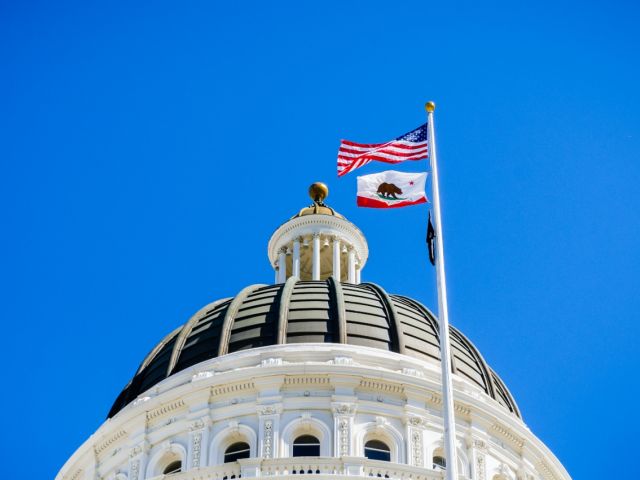WASHINGTON – Duke Energy’s “clean energy transition” plan released this week for North Carolina doubles down on the utility’s billion-dollar addiction to costly, flawed nuclear and fossil fuel power and ignores calls by the Environmental Working Group and the public to prioritize renewables to fight the climate crisis.
The plan, announced on Tuesday, outlines $145 billion of energy investments over the next 10 years to achieve the state’s goal of net-zero carbon emissions from the power sector by 2050. Duke intends to spend almost 30 percent, or roughly $43.5 billion, on new natural gas plants and non-existent future nuclear technology like small modular nuclear reactors, or SMRs.
“Duke has pursued the same course of action in North Carolina for years and continues to ignore the vast changes that have taken place in energy technology,” said EWG’s Senior Energy Policy Advisor Grant Smith.
“We have the capability to maintain reliable electric service without nuclear, and soon without new natural gas plants. Duke should focus on a decentralized power system with customer-owned solar and wind plus storage,” he said.
North Carolina regulators have an ongoing proceeding to review Duke’s North Carolina carbon plan, which envisions 10,000 megawatt of new nuclear units and roughly 9,000 megawatts of new natural gas power generation by 2050. EWG’s energy expert witness in the carbon plan proceeding, Arjun Makhijani, found that Duke significantly underestimated the time and cost involved in building those facilities.
Duke’s timeline for bringing new nuclear technology online also is unknown. None of its preferred options are anywhere near the pilot project stage of development. It admitted during the proceeding that no consideration was made to the climate impacts of these water-guzzling technologies, which are vulnerable to drought and damage from severe storms that are increasing in the Southeast due to the climate catastrophe.
Bill Powers, an energy expert for the climate nonprofit NCWARN, said in the proceeding that Duke did not factor in the volatility of natural gas prices in its lowball estimates for the carbon plan. Just recently, Duke warned its customers of higher heating costs this coming winter due to global supply issues largely from Russia’s invasion of Ukraine.
In Duke’s recently published 2022 Climate Report (pages 41-45), it offers several scenarios claiming to achieve net-zero carbon emissions by 2050, by expanding its methane-emitting fossil gas fleet and bringing SMRs online by 2034 – a rosy timeline, at best.
“Duke’s adherence to the utility-scale business model will not result in affordable electric bills, adequately address climate change or provide North Carolina with a resilient electric system that anticipates damage from extreme weather. This is all about what’s best for Duke’s stockholders and executive pay. We can only expect a similar self-serving business plan in other states where Duke Energy monopolies operate,” said Smith.
The Sierra Club’s newly released report, The Dirty Truth About Utility Climate Pledges, said Duke is consistently among the worst U.S. power companies for clinging to coal and fossil gas plants, instead of embracing clean energy.
On Monday, Wall Street investment firm Guggenheim Securities released an analysis that found solar is 33 percent cheaper than natural gas, with onshore wind 44 percent less expensive. Gas prices have soared since Russia’s invasion of Ukraine, sending monthly electricity bills higher for U.S. households, including some Duke customers.
“The sun and wind are free sources of power and are not subject to wild global market disruptions like gas, oil or even uranium,” said Smith. “Duke is not only a climate laggard, but continues on its spending spree with ratepayer money on wasteful infrastructure misadventures only a monopoly could get away with.”
###
The Environmental Working Group (EWG) is a nonprofit, non-partisan organization that empowers people to live healthier lives in a healthier environment. Through research, advocacy and unique education tools, EWG drives consumer choice and civic action.


